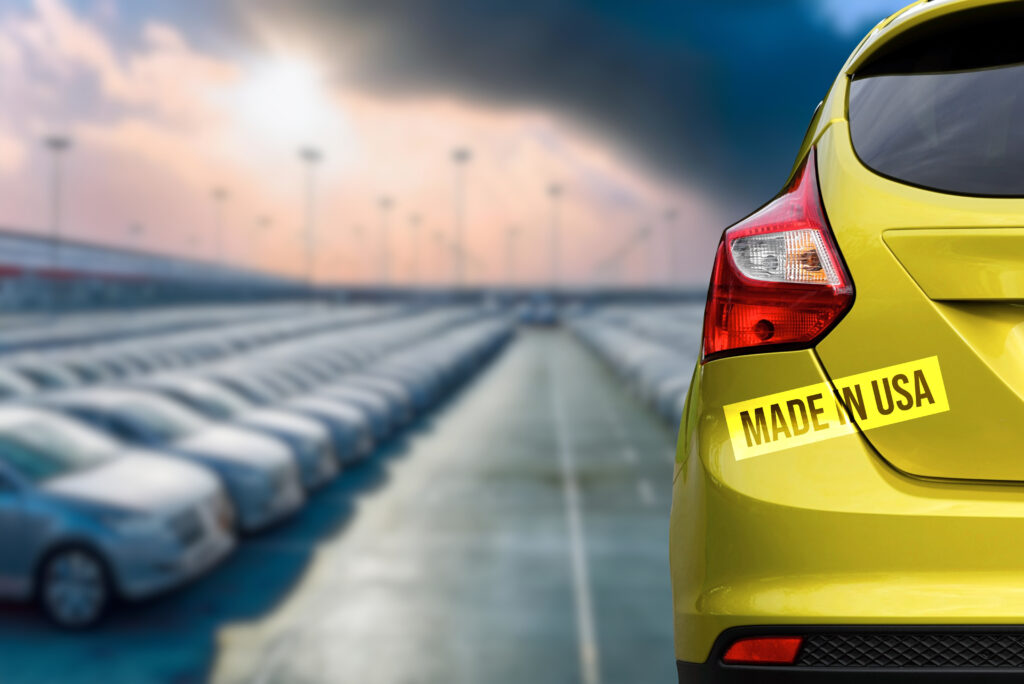
Overseas automakers, facing potential 25% U.S. tariffs, are considering shifting production to the U.S. to avoid costs, reports Stephen Wilmot of The Wall Street Journal. European and Asian brands, reliant on U.S. sales, are evaluating their options as they await more details on the tariffs and potential non-tariff barriers. Wilmot writes:
Facing intense competition in China and heavy regulation in Europe, overseas automakers were counting on the U.S. to keep their engines humming. Then came President Trump’s tariff threats.
Since taking office, the U.S. president has taken aim at the $918 billion U.S. trade deficit with a raft of tariff proposals, including a 25% tax on shipments from Mexico and Canada, reciprocal tariffs based on other partners’ own trade restrictions, and specific tariffs for sectors such as autos and semiconductors.
On Tuesday, Trump said the sector tariffs could be “in the neighborhood of 25%” and might rise even higher over time. A grace period could give companies time to bring production onshore, he added. […]
Trump has long railed against auto imports, particularly from Europe. The European Union’s 10% tariff on imported cars, compared with an equivalent 2.5% U.S. tariff, was one example of “lack of reciprocity” cited by the White House when announcing the reciprocal-tariff plan.
Last year, roughly half of the almost 16 million light vehicles sold in the U.S. were imported. Those imports were split roughly equally between assembly plants in Mexico and Canada—within the USMCA free trade area—and plants outside of North America. […]
Slow growth and heavy regulation at home adds to the appeal of the U.S. for European brands. Sales in Europe last year were almost a fifth lower than in 2019, and manufacturers are having to make expensive investments in electric vehicles to meet stringent emissions regulations. […]
Trump has hinted at a very broad interpretation of non-tariff barriers. This week he posted on X to say that so-called value-added taxes are “far more punitive” than tariffs and would be included in the U.S. calculation of reciprocal tariffs. VAT is a sales tax typically levied at rates of 20% or more on cars and other products sold in Europe, including those made by local companies.
Read more here.



